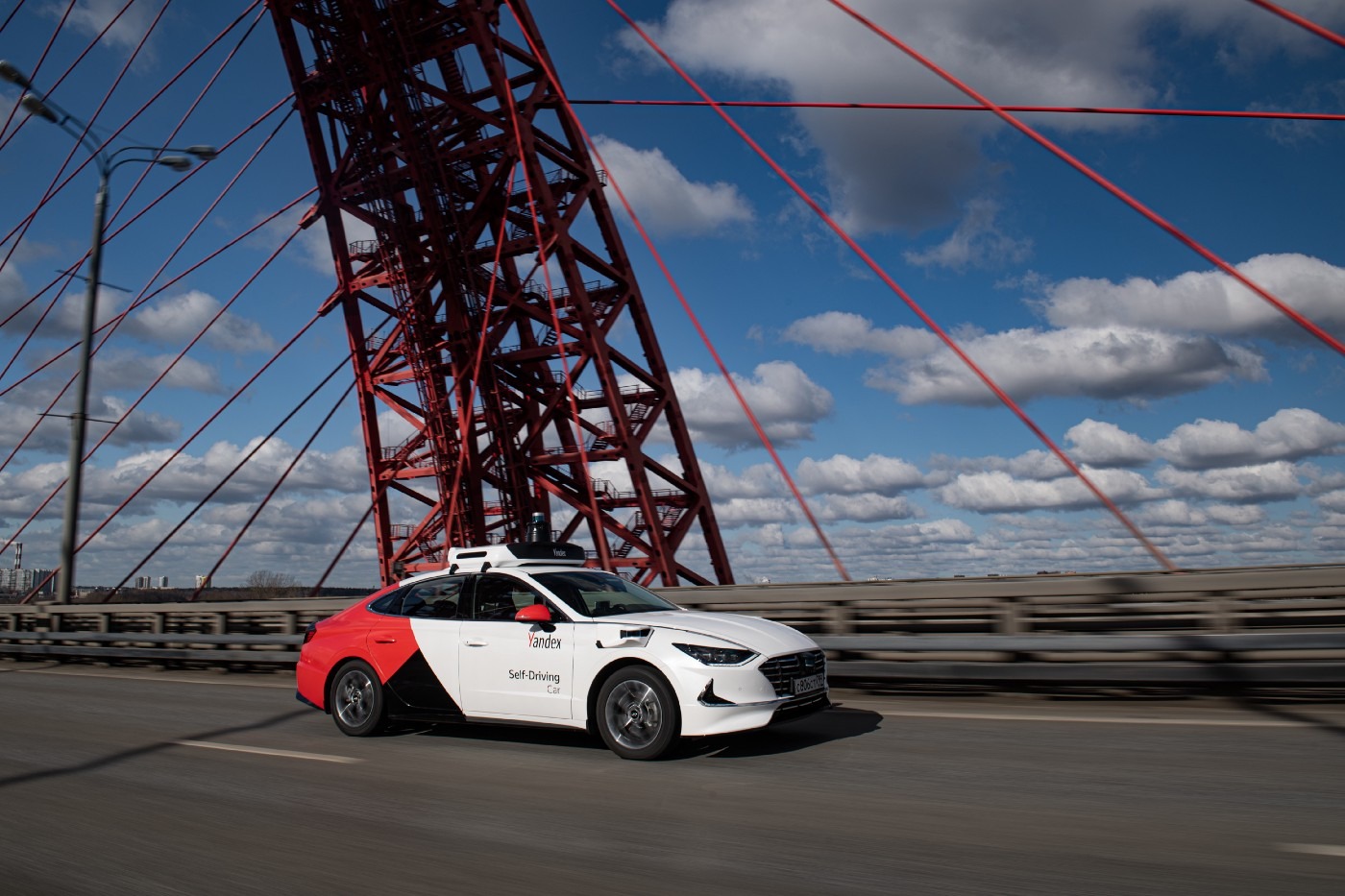
Russian Self-Driving Tech Company Yandex Ceases U.S. Operations

Image: Yandex Self-Driving Group
Russian self-driving technology company Yandex Self-Driving Group (SDG) has suspended all operations in the U.S. amidst Russia’s ongoing invasion of Ukraine — reports Automotive News.
The company had been testing its robotaxi fleet in Ann Arbor, Michigan, and its six-wheeled sidewalk Rover bots were making restaurant deliveries in collaboration with delivery services like Grubhub on college campuses across the country. All of those operations now stand paused.
“Our AV test fleet in Ann Arbor is grounded at the moment, but we hope to resume operations in the future,” a spokesperson told Automotive News.
Russia’s invasion and occupation of Ukraine have sparked global outcry, straining the former’s relationship with the U.S. and forcing businesses from across the globe to cut ties with Russian companies.
“We’re working with our campus partners on alternate service options as we shift away from Yandex over time,” a Grubhub spokesperson said on Friday.
Yandex will transfer the six-wheeled delivery bots used in those operations to locations outside the U.S. where the company either already operates or is preparing to launch deliveries.
The company’s Rover delivery bots travel at about 5 mph on sidewalks and are equipped with cameras and lidar sensors. While Yandex has a U.S. base of operations in Ann Arbor, the company could remotely control the Rovers via a teleoperations center in Moscow if need be.
Obviously, having camera-equipped robots with uplinks to Russia roaming around American streets carries some serious national security implications at this time.
Yandex SDG brought its autonomous vehicle efforts to Ann Arbor, Michigan, in the spring of 2021. The majority of the company is owned by Yandex, a Russian search engine giant that also runs a taxi booking service in more than 100 cities.
With the Russian-Ukrainian conflict worsening, SpaceX CEO Elon Musk last week enabled Starlink internet in Ukraine, and also sent over a truckload of Starlink terminals (or dishes) to connect to Starlink satellites in lower Earth orbit for internet access. Download speed tests in the country on Starlink have topped 200 Mbps.

